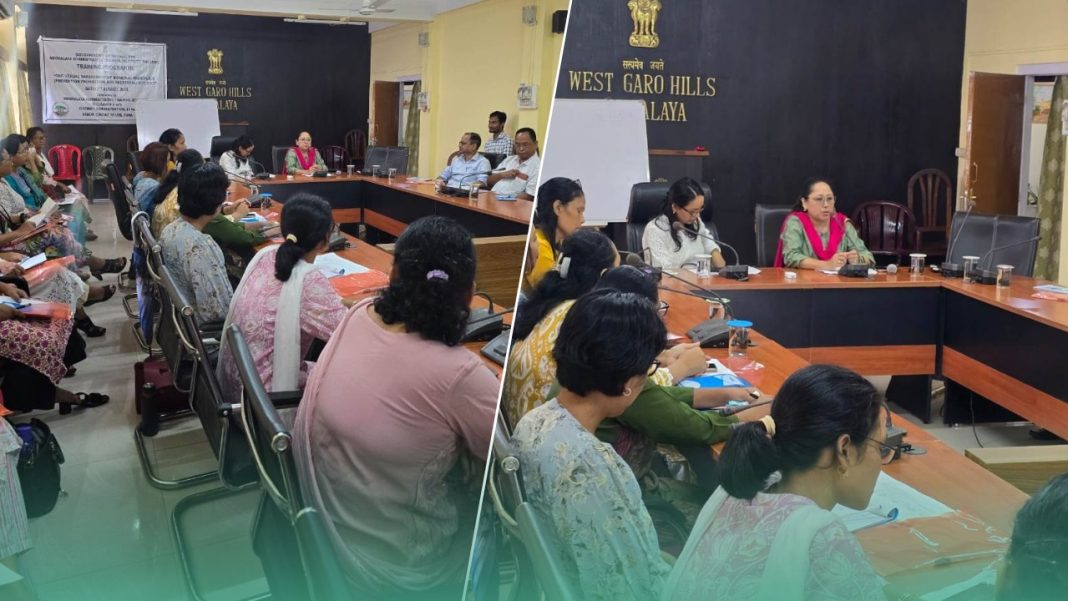Guwahati, Aug 7: As fears of a humanitarian crisis unfolds in anarchy ruled Bangladesh, where thousands have fled their homes, worry signs are emerging of a possible exodus into the North East prompting the influential North East Students Organization to seek Prime Minister Modi’s intervention to block entry of asylum seekers.
Leaders of NESO, on Wednesday, dashed off a letter to the prime minister urging the central government to refrain from granting asylum or rehabilitation to Bangladeshi nationals within the northeastern states.
The NESO is a conglomeration of eight major students’ bodies from across the states of the North East- All Assam Students’ Union (AASU), Khasi Students’ Union (KSU), Garo Students’ Union (GSU), All Manipur Students’ Union (AMSU), Mizo Zirlai Pawl (MZP), Naga Students’ Federation (NSF), All Arunachal Pradesh Students’ Union (AAPSU) and Twipra Students’ Federation (TSF).
In the letter to PM Modi, a copy of which was also sent to Union Home Minister Amit Shah, NESO chairman Samuel Jyrwa and secretary general Mutsikhoyo Yhobu stated that the centre should intervene and ensure there is no illegal entry into the region from the neighboring country.
“Not even a single Bangladeshi should be granted asylum or rehabilitated in the entire Northeast region. It is also imperative for the Union government to ensure that the border between Northeast India and Bangladesh should be thoroughly and strictly manned so as to detect attempted illegal migration from across the border,” stated NESO in its letter.
The student organization warned that the ongoing crisis in Bangladesh can spill over to India with serious ramifications for the North East where four states, including Meghalaya and Assam, share a common international boundary with Bangladesh.
It stated that Tripura shares 856 kilometers with Bangladesh, Meghalaya 443 km long boundary, Mizoram shares 318 km long boundary and Assam has a common boundary of 262 km with Bangladesh.
Giving reasons for the worry, NESO pointed to history when the region faced the brunt of mass illegal immigration from Bangladesh during times of civil war and unrest.
During Partition in 1947, lakhs of Bengalis from East Pakistan illegally crossed the border and forcibly occupied lands in Assam and Tripura (then a Union Territory). Similarly in the Bangladesh Liberation War of 1971, again lakhs and lakhs of East Pakistanis, migrated into Indian territory including North East India creating a demographic imbalance, especially in Assam, Tripura and Meghalaya (then a part of the composite state of Assam), mentioned NESO in their letter to the prime minister.
“This unabated flow of illegal immigrants from Bangladesh (East Pakistan) brings forth an air of tension and stiff competition in the Northeast. The Northeast is home to a plethora of Indigenous communities which are microscopic in numbers and lives amongst their own communities in traditionally marked territories. The arrival of millions of illegal foreigners from other countries led to a contestation of space, forced cultural assimilation, economic competition and distrust between the indigenous populace and the foreigners. These illegal foreigners settled in the lands of the indigenous communities without the consent of the community leaders and thus creating a sense of animosity between the two groups. The illegal settlement of these millions of foreigners led to a drastic alteration of the demographic structure in most regions of the seven northeastern states,” the letter said.
“Owing the small populations of indigenous communities, the illegal foreigners overwhelmed the minuscule indigenous populace overnight. Land grabbing became the order of the day and the traditional way of life of the natives is being outrightly disregarded by these migrant foreigners whose ulterior motive is to forcibly carve a new homeland in the region at the cost of the dignity of the indigenous populace. Tripura, under the onslaught of mass migration since 1947 saw a dramatic rise of Bangladeshi populations leading to the native tribal population being reduced to a mere 30% in their own homeland and state,” the letter added.
“This event led to the snatching of political power by these immigrants and the native tribes became second-class citizens. The tribal citizens of Tripura have to face discrimination, violence and marginalization daily. It is worth noting that Assam has and is still experiencing a mass influx of illegal migrants which led to a six-year-long Assam Movement, causing martyrdom to 860 lives which eventually led to the signing of the historic Assam Accord which promised to deport illegal Bangladeshis from Assam,” it also said.
“Similarly, Meghalaya and Arunachal Pradesh witnessed mass movements in the past and to date demanding the immediate deportation of all foreigners from their states after migrants overwhelmed the indigenous communities in many pockets of their respective states. Such unabated flow of immigrants into the region thus led to insecurity, agitations, riots and clashes between these foreigners and the indigenous people,” warns NESO.




